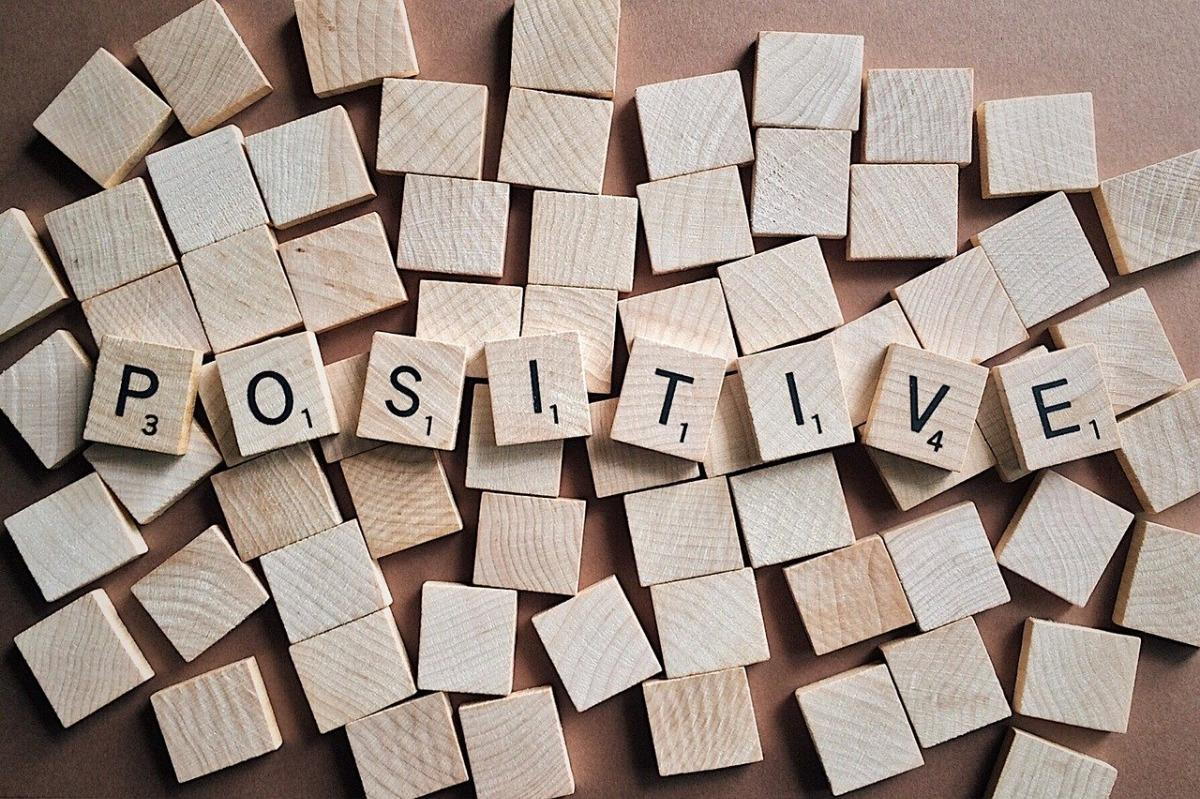
Liza Johnston, APC, NCC, MS
We are lacking a sense of stability in this uncertain world of constant technological change and continually wavering expectations of what constitutes normalcy. When we feel like anxiety is creeping up in our daily lives, it is helpful to implement a broad range of small changes. Adding and subtracting various behaviors can make a real impact so that we can choose what works and what does not, allowing our own needs and temperament to shine through. In the end, if we take a holistic approach to our emotional health by enacting personal commitments to small daily changes, we can over time see a return to a life of calm meaning and a sense of peace.
- Changes on the Level of the Physical
Incorporating practices of relaxation which could include deep, slow breathing, yoga, or meditation are an easy addition to our harried lives. Just begin by adding 5 minutes of one of these practices before bedtime. The many free yoga sessions and meditations available on Youtube and through apps offer myriad choices for us to experiment with and see what appeals to us.
Secondly, pay attention to your sleeping patterns and begin to limit caffeine consumption in the evening. Furthermore, 30 minutes before bedtime, try to curtail screen exposure and instead indulge in a relaxing activity, such as reading, listening to a recorded book, or snuggling with your pet or loved one.
Finally, try to add some movement to each day, whether it be through gardening, walking, house cleaning, or formal exercise.
Incorporate one of these practices to begin and see what works for you.
- Adding Positive Thoughts
Our lives are full of minor stressors each day. We might spill water on our computer keyboard. We might be running late to our meeting. Our boss might not have answered an important email. We spill coffee on our clothes on the way to work. We miss a deadline.
When we are confronted with stressful happenings, our initial reaction could include thoughts such as, “this is the worst,” or “oh no, what am I going to do?” or even “I cannot handle this.” If we can learn to recognize this somewhat catastrophic thinking and try to substitute positive coping statements, our responses can work to ease our stress and empower us to move on and succeed.
Some positive self-talk to add might include, “I can handle this,” “this is just my worry showing up,” and “I will work this out in time.” Choose sayings that resonate with you and make a habit of using them instead of self-defeating self-talk.
- Eliminating Unnecessary Unpleasant Activities
Sometimes our days include things that, upon reflection, we can admit do not add any value to our days. Maybe we started wiping down deliveries during the first days of the pandemic, and we haven’t discarded this practice from our lives. Maybe we always cook our child an elaborate breakfast, and we haven’t realized that our child is now 14 and could benefit from making his or her own breakfast. Maybe we started sleeping with our 7-year-old to ease her nightmares, and now 2 years later, we still are. Maybe we force ourselves to cook the family meal each night, but we notice that our children are acting ungrateful and we are feeling resentful.
Instead, try taking a fresh look at these unpleasant activities and begin to weigh their benefits and costs. How can they be updated in order to give ourselves more time and give others in our lives room for growth? Changing some of our dated routines can open up new pathways of freshness and experience. Implementing positive change can also boost our ability to problem-solve.
- Share with a Supportive Loved One
When life is feeling overwhelming, we can feel alone. By sharing our fears and trials with someone we trust, we can lighten our load. Finding emotional support through our friends and family is a valuable enhancer of our sense of well-being. Expressing our feelings, such as anger and sadness, helps us to learn more about ourselves and gives us relief. Talking to others not only can ease our worries, but it also can work to reinforce what is most valuable to us, our relationships.
- Nurture Yourself
Learn to nurture yourself as if you were a parent to yourself. Some ideas for self-nurturing include taking a warm bath, having coffee in bed, having a pedicure, relaxing with a good book, watching the sunset, calling a good friend, smelling the flowers, baking, working on a favorite puzzle, visiting a museum, giving yourself extra time to do something, and much more. Even singing karaoke with your children after dinner can be a form of self-care if you can let go and enjoy some spontaneity.
Never underestimate how the small changes we make in our stressful lives can, without our even noticing, go far towards leading us to a more balanced existence. This comprehensive approach can lead us to lives of more fulfillment. Small changes can make a big impact on the positive differences. At this point in time in 2021, we are ready to take a step forward.
